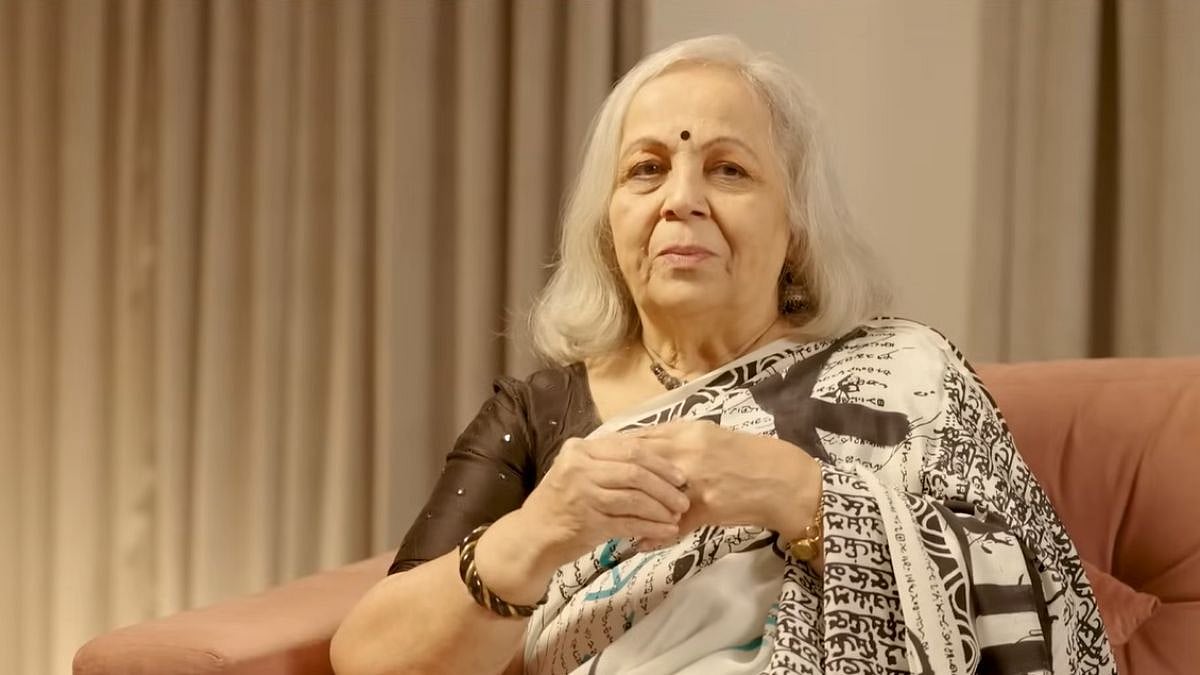In Tokyo, Japan, there exists a heartwarming culinary initiative called The Restaurant of Mistaken Orders, a place where customers walk in expecting kindness, surprises, and maybe even the wrong dish. The restaurant employs individuals living with dementia, not to highlight their challenges, but to celebrate their abilities, dignity, and desire to remain part of society.
Mistakes served with love
At this unique restaurant, diners might order a bowl of miso soup but find dumplings delivered instead. Someone requesting ramen might end up with a shrimp salad. Yet, customers don’t visit for perfect service, they come to support a beautiful mission: to change how the world views dementia.
Rather than frustration, laughter and understanding fill the space. Guests sit down with compassion, knowing that order mix-ups aren’t blunders, they’re reminders that every person deserves patience and acceptance.
Sometimes, the servers get distracted and join customers at the table for a chat. Other times, they might request a diner to help take orders. Everything becomes part of the joyful and spontaneous experience.
What this restaurant proves
People living with dementia are often stereotyped as aggressive, incapable, or difficult. This restaurant actively challenges those misconceptions. The staff greet guests with warmth, smiles, and genuine enthusiasm, just like any other restaurant team. The experience demonstrates that:
-Dementia does not define a person’s personality.
-Individuals with cognitive decline still have skills, emotions, and a desire to engage socially.
-With understanding and support, they can thrive in workplaces too.
Customers leave not just with full stomachs but with softened hearts and a deeper appreciation for humanity.
Understanding Dementia better
Dementia is a progressive condition that primarily affects memory and thinking abilities. Early signs can be as simple as forgetting small tasks, while later stages may involve confusion and difficulty making decisions. Mood changes, communication struggles, or restlessness may also appear over time.
The biggest challenge, however, is not just the condition itself,but how society responds to those living with it.
Treatments and care that help
Although there is no complete cure yet, medical science has made progress. Certain medications help slow cognitive decline in the early stages, while therapies like cognitive stimulation, physical activity, and social interaction offer tremendous emotional and mental benefits.
Spending time with loved ones, staying mentally engaged, and maintaining a nutritious diet can also support those living with the condition.








